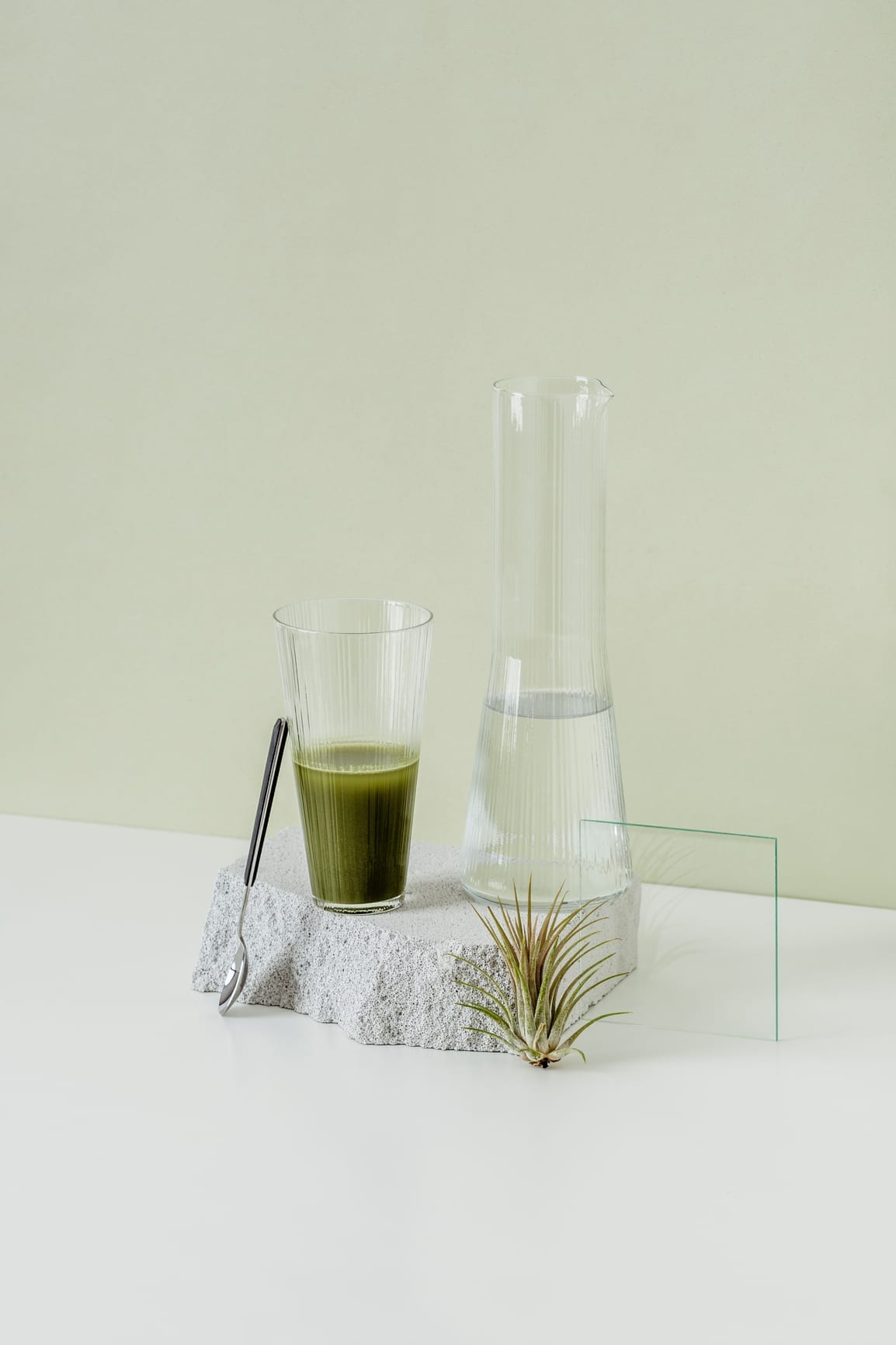My god do we love food, we look forward to it every damn day. When we are inhaling breakfast you can bet your bottom dollar we are already thinking about dinner. With that being said, we love a good digestive reset too, and if that means drinking solely liquids for a day or two along with the potential for losing an extra kilo then sign us up!
Don’t blame it on the juice.
Sipping your food is not everyone’s cup of tea and it is a controversial practice due to certain health industry critics deeming it a fad gateway to an eating disorder. Research suggests that dieting behaviours of this kind have the potential to encourage disordered eating patterns, such as, anorexia or *orthorexia. However, this is in extreme cases without the guidance of a qualified nutritionist.
*For those of you unfamiliar with the term orthorexia, it is defined as someone who is extremely health conscious and acutely aware of every mouthful.
To tackle the unsubstantiated ‘fad’ label let’s try to answer the question of whether or not these liquids are actually cleansing the body. Vegetable and fruit blends alkalise your body by adjusting your pH level. A pH level below 7 is considered acidic and anything above that range is classified as alkaline. Balanced pH levels suggest the body is working at its optimum. This translates as better digestion, fewer colds/flus, a decrease in inflammation and chronic illness. Cold pressed vegetable juices are full of nutrients and enzymes that can assist the body in detoxifying (cold pressed juices do not extract or destroy the nutrients) however, in order to cleanse the liver all stimulants need to be put on hold whilst cleansing i.e. caffeine, alcohol, sugar, smoking, as well as processed foods, dairy and meat. This will allow the liver and the digestive system to restore.
Alas, we would be lying if we claimed there wasn’t a flip side to juice cleansing; and we’re not speaking of the hunger pangs. Perhaps the most obvious issue is that some juices are very high in sugar which can prove problematic for those not paying close enough attention to the variety of juices they’re including in their cleanse. Another disadvantage is that, whilst cleansing, you are unlikely reaching your recommended daily intake of protein; people’s faces start to resemble delicious things because you aren’t reaching satiety, which is why we recommend juicing for no more than three days at a time.
So, it’s true, there is plenty of stigma around juice cleansing but we at Cohere believe, when done right, it’s an essential practice for a healthy appetite. We’ve put together some essential ‘hot tips’ below, however if you’re still feeling a little timid why not give us a call and we’ll put you on the straight and narrow.
Juicing 101
- Before a juice cleanse you should be cleaning up your diet and reducing the above in order to give your body its best chance at detoxifying. This also rings true for the latter, don’t be reaching for that pizza straight after your cleanse, your digestive system needs time to adjust and heal. This would also defeat the entire purpose of the cleanse. Hats off to those of you that can last five days but a three day juice cleanse is the max we would suggest.
- Kickstart your cleanse with warm water and lemon each morning. This will help stimulate the production of bile and acid production which is needed to stimulate the detoxification process and for improved digestion. This will allow the body to adjust the pH levels, as mentioned above, by creating alkalinity.
- Even though you are filled to the brim with liquids, it is imperative that you are still sipping on 2 litres of water throughout the day in order to remain hydrated and assist with flushing out the toxins. You could also include fresh coconut water to replenish and balance electrolytes.
- If you’re feeling a little hangry and craving a little chomp mid cleanse factor in some high-water content snacks e.g. celery and cucumber.




